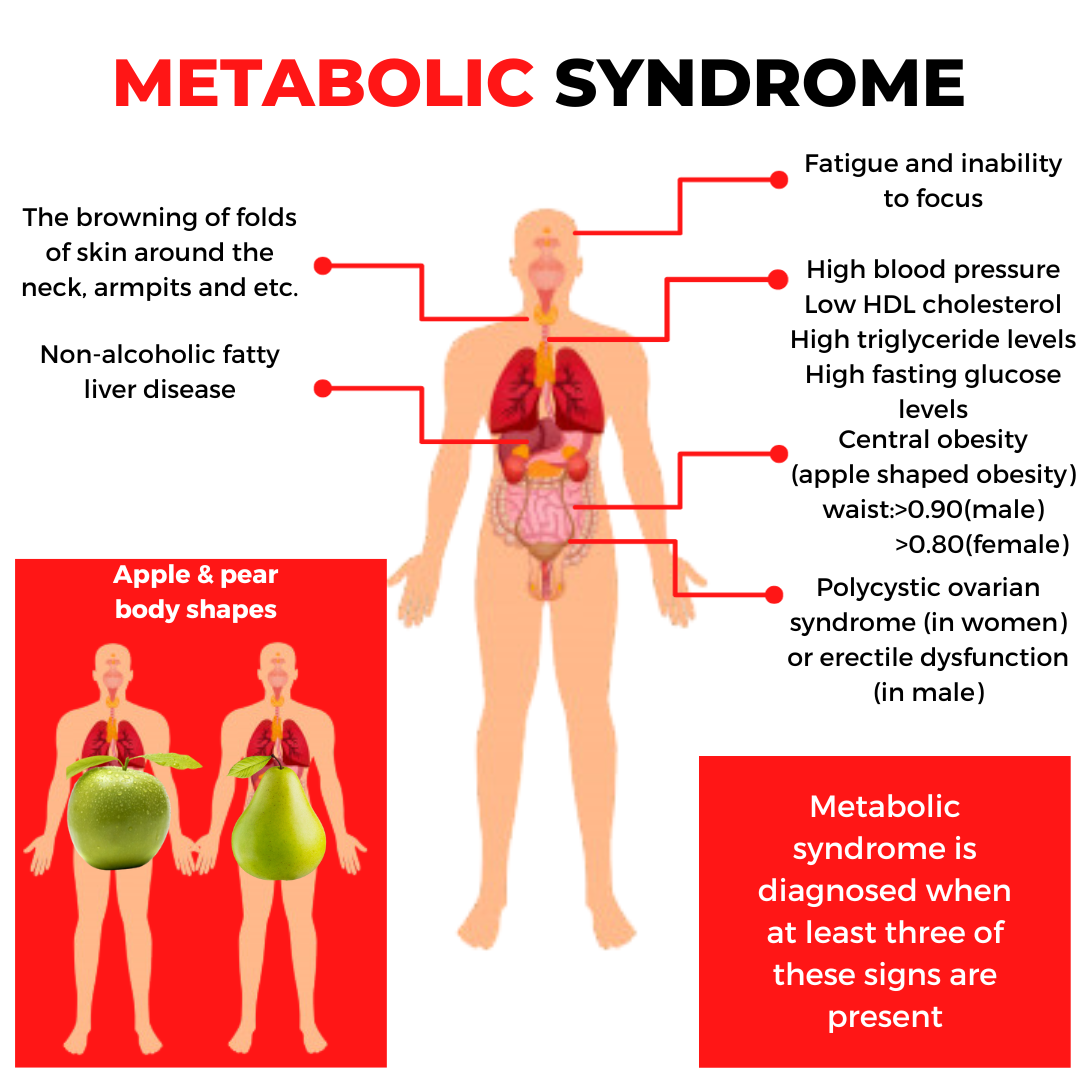Motivation is the driving force that propels individuals to take action, pursue goals, and achieve success. It plays a crucial role in influencing behavior, sustaining effort, and overcoming obstacles. Here are some key aspects of motivation:
- Intrinsic and Extrinsic Motivation:
- Intrinsic motivation: Comes from within an individual and is driven by personal satisfaction, enjoyment, or a sense of purpose. Examples include passion for a hobby or the joy of learning.
- Extrinsic motivation: Comes from external factors, such as rewards, recognition, or avoiding punishment. It can be effective in the short term but may not be sustainable in the long run.
- Types of Motivation:
- Achievement motivation: The desire to accomplish challenging goals and improve one’s skills.
- Affiliation motivation: The need for social interaction, companionship, and positive relationships.
- Power motivation: The drive to influence and control others or one’s environment.
- Factors Influencing Motivation:
- Personal goals: Clearly defined and meaningful goals provide direction and purpose.
- Self-efficacy: Belief in one’s ability to successfully complete tasks and achieve goals.
- Expectancy theory: The expectation that effort will lead to performance and performance will lead to desired outcomes.
- Importance of Motivation:
- Enhanced performance: Motivated individuals tend to be more productive and engaged in their tasks.
- Resilience: Motivation helps individuals persevere through challenges and setbacks.
- Goal attainment: Motivation is essential for setting, pursuing, and achieving goals.
- Ways to Boost Motivation:
- Set clear goals: Define specific, measurable, achievable, relevant, and time-bound (SMART) goals.
- Create a supportive environment: Surround yourself with positive influences and remove distractions.
- Celebrate small victories: Acknowledge and reward progress to maintain momentum.
- Challenges to Motivation:
- Procrastination: Delaying tasks can erode motivation over time.
- Burnout: Exhaustion from prolonged stress and overwork can lead to a loss of motivation.
- Lack of direction: Unclear goals or a sense of purpose can diminish motivation.
Remember, motivation is a dynamic and individualized aspect of human behavior. Different strategies work for different people, and maintaining motivation often requires ongoing effort and adaptation.

